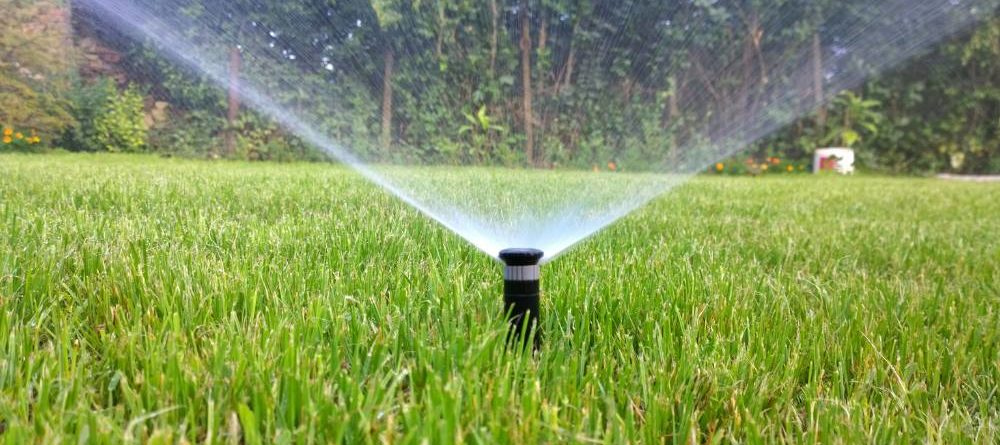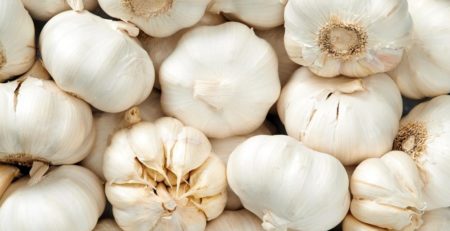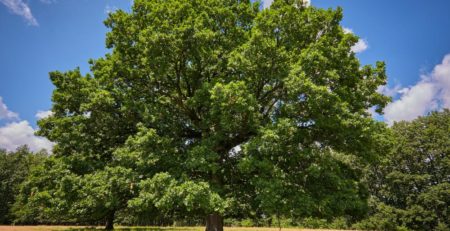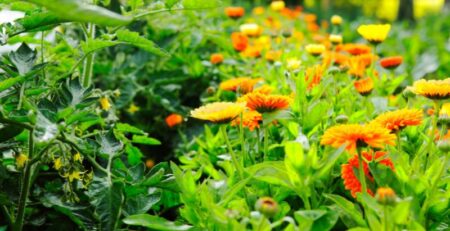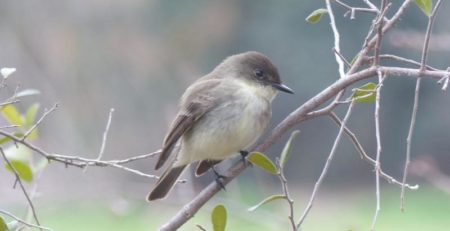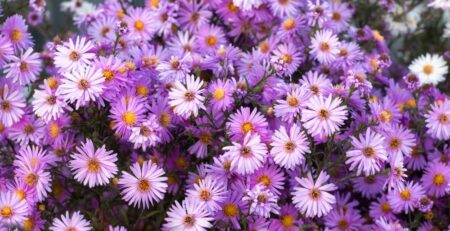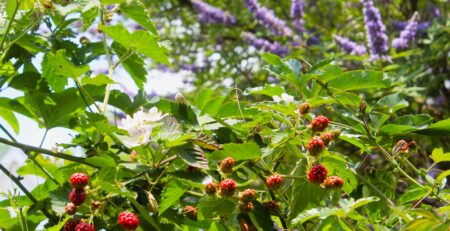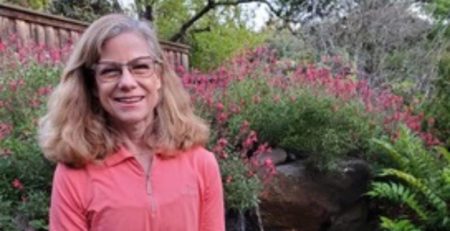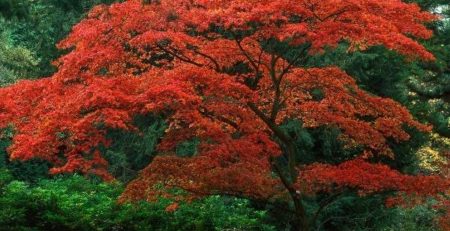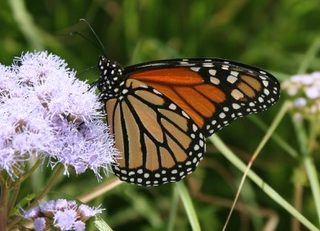Gardening with Less Water
Have you noticed all of the foreign (meaning not from Texas) license plates in town lately? Many people are moving here but, as our population has increased, our water supply has not! Living in an area with the likelihood of drought, we need to learn to use less water.
Experts have estimated that about 50% of our water goes to outside irrigation. We need to water only as necessary and according to our local ordinances. Here in Dallas, we are permitted to use our automatic sprinkler systems based on our address: those with an address ending in an even number water on Thursday and Sunday before 10 a.m. and after 6 p.m. An odd-numbered address means you can water on Wednesday and Saturday before 10 a.m. and after 6 p.m.
If watering by hand or with a drip system, you can water whenever you need to do so. Do not water when your plants droop on hot afternoons. They are protecting themselves from losing water and will recover by sundown or the next morning. If they do not recover, then water.
You may have noticed that some automatic sprinklers put out mists that evaporate instead of watering the plants. If your system does this, you can purchase new sprinkler heads that put out larger drops of water to reduce the amount of evaporation. Another way to save water and money with an automated system is to schedule it to run for 15 minutes, wait a bit, and then repeat the cycle. This allows the water to be absorbed and prevents runoff that carries fertilizers, pesticides, and trash to the Trinity River and ultimately to the Gulf of Mexico.
Using native plants helps to save water. They can withstand both drought and floods and save money by not requiring fertilizers, pesticides, and pampering. Natives also provide habitat for our native insects and birds.
Water barrels used to collect rainwater can provide water for any new or needy plants. The barrels are easy to make and a 1,000 square-foot roof can produce 600 gallons of free water with one inch of rain!
Mowing your grass at a higher level allows it to shade the ground and conserve water. Use mulch in beds for the same purpose. It conserves moisture in the soil, regulates soil temperatures, reduces weeds and protects the soil. Mulch also makes your garden
look cared-for and beautiful, although it will decompose and become compost, or basically disappear, and need to be replaced.
So, water efficiently when needed, mow your lawn higher, use rain barrels, use native plants, and have a schedule for maintenance. Then you can have a beautiful lawn and garden while saving time, money, and water at the same time.


